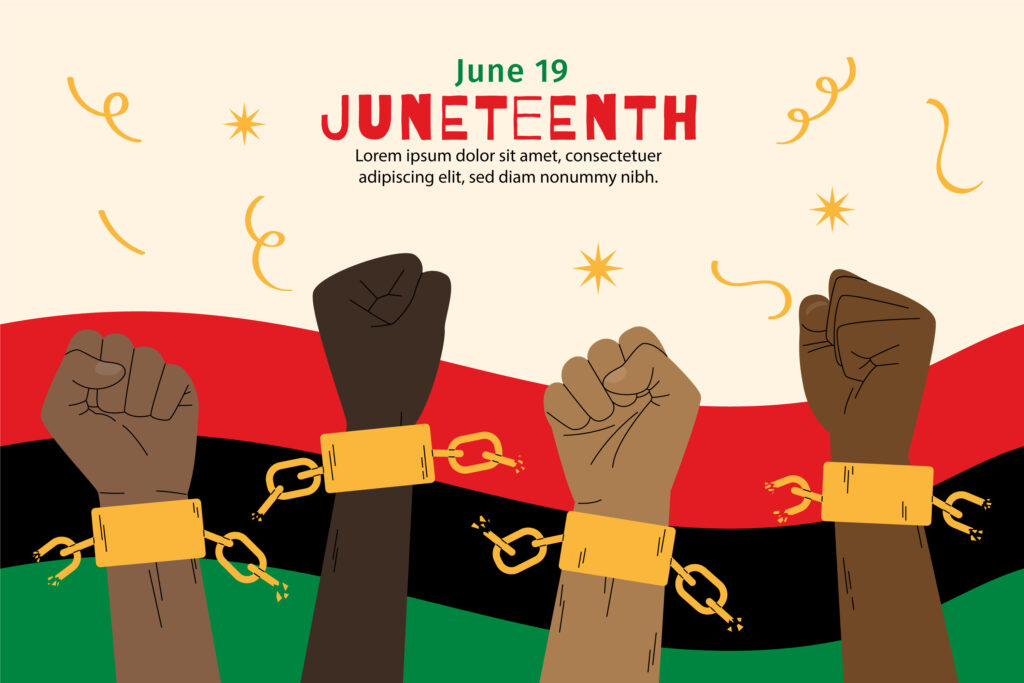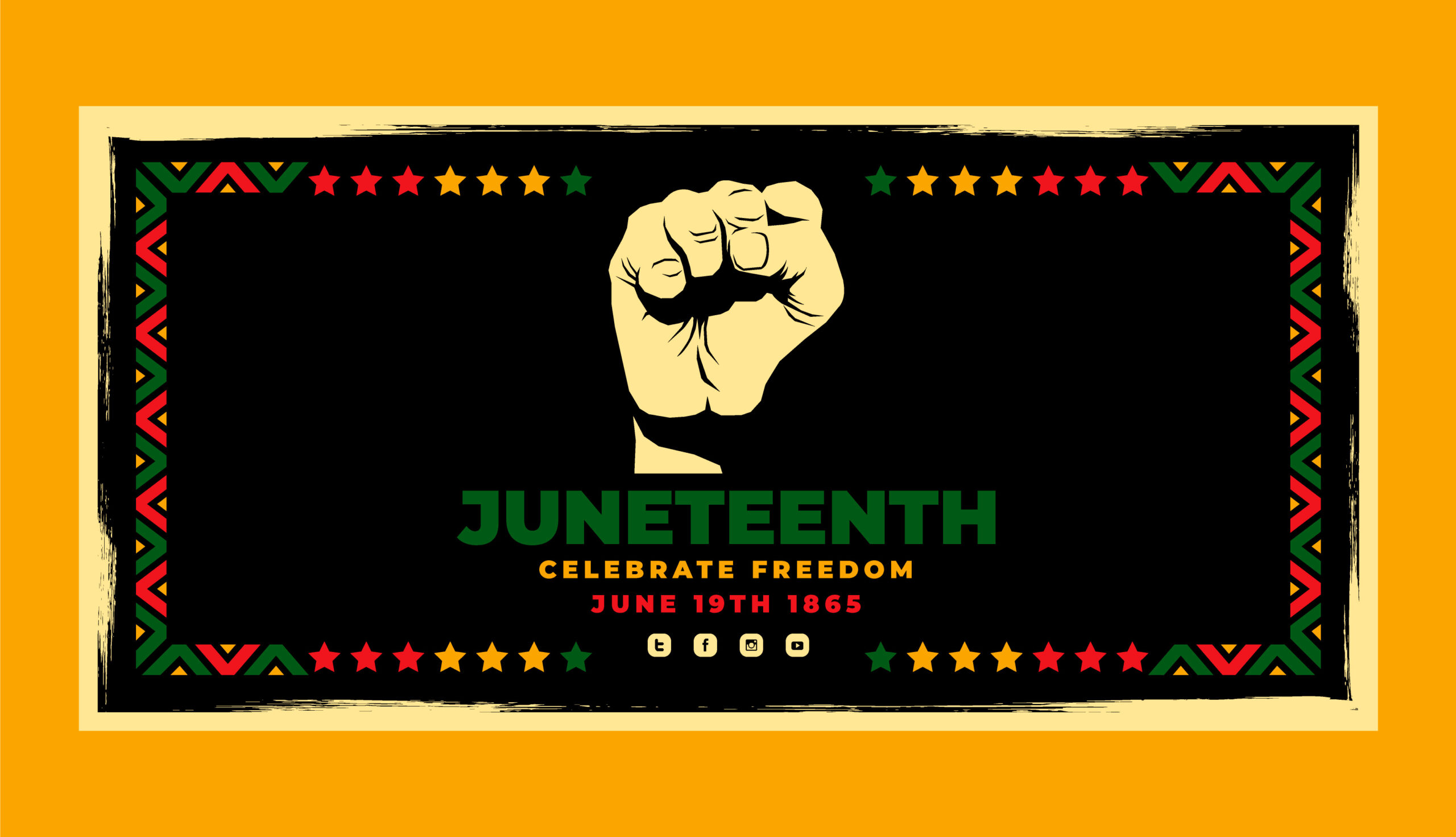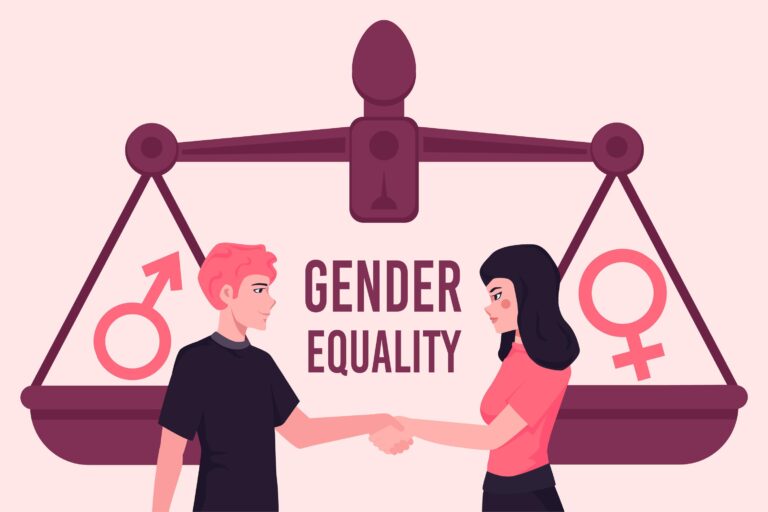What is Juneteenth? The History and Significance of Freedom Day
Juneteenth, also known as Freedom Day, Emancipation Day, or Juneteenth Independence Day, marks a pivotal moment in American history. Celebrated annually on June 19th, Juneteenth commemorates the day in 1865 when enslaved African Americans in Galveston, Texas, were informed of their freedom, over two years after the Emancipation Proclamation was signed. This celebration has grown over the years to become a symbol of Black freedom, resilience, and the ongoing struggle for equality in the United States. This blog will explore the history, significance, and evolution of Juneteenth, along with how it is celebrated today.
1. The Historical Context of Juneteenth
To fully understand Juneteenth, it is essential to revisit the period of American history leading up to it. The Emancipation Proclamation was signed by President Abraham Lincoln on January 1, 1863, during the height of the Civil War. This executive order declared that all enslaved people in the Confederate states “shall be then, thenceforward, and forever free.” However, the enforcement of this proclamation was contingent on Union military victories, as the Confederacy did not recognize Lincoln’s authority.
As a result, many enslaved people, particularly in remote areas of the Confederate South, remained in bondage even after 1863. Texas, being geographically isolated and one of the last Confederate strongholds, continued to practice slavery despite the Emancipation Proclamation. It wasn’t until June 19, 1865, when Union General Gordon Granger arrived in Galveston, Texas, and read General Order No. 3, that the approximately 250,000 enslaved people in Texas were informed of their freedom.
This event marked the official end of slavery in Texas, making Juneteenth a powerful symbol of liberation and a reminder of the long road to freedom for Black Americans.

2. The Significance of Juneteenth
While the Emancipation Proclamation is often viewed as the end of slavery in the U.S., Juneteenth is significant because it underscores the delayed liberation of enslaved people, particularly in remote or resistant regions like Texas. It highlights the fact that freedom was not instantaneous for all enslaved individuals and that it took the physical presence of Union troops to enforce it.
Juneteenth also sheds light on the broader struggle for civil rights and racial justice in America. The emancipation of slaves was a monumental step toward equality, but it was followed by Reconstruction, Jim Crow laws, and decades of systemic racism and discrimination. For many, Juneteenth symbolizes the beginning of that fight—a celebration of the end of slavery and a recognition of the work that still needs to be done to achieve full equality and justice for African Americans.
In this sense, Juneteenth has evolved into more than just a historical commemoration. It has become a day of reflection, empowerment, and a call for continued progress.
3. The Evolution of Juneteenth Celebrations
Since its inception in 1865, Juneteenth has been celebrated in various ways. Early celebrations often included church gatherings, barbecues, parades, and speeches from community leaders. Families would come together to honor the memory of their ancestors and reflect on the progress made toward freedom.
Juneteenth celebrations expanded beyond Texas as African Americans migrated to other parts of the country, particularly during the Great Migration in the early 20th century. Communities in California, Illinois, and other northern states began to embrace the holiday, making it a broader celebration of Black culture, history, and achievements.
In the 1970s and 1980s, Juneteenth gained renewed interest as part of the Civil Rights Movement and Black Power Movement. Activists and scholars began advocating for greater recognition of the holiday, and it became a symbol of Black empowerment and resilience. Efforts to make Juneteenth a national holiday began to gain traction, with various states officially recognizing it as a holiday or day of observance.
Finally, in 2021, President Joe Biden signed a bill into law officially designating Juneteenth as a federal holiday, making it the first new federal holiday since Martin Luther King Jr. Day was established in 1983. This recognition cemented Juneteenth’s importance in the national consciousness and reinforced its significance as a day to remember the struggle for freedom and justice.
4. How Juneteenth is Celebrated Today
Juneteenth has grown into a diverse, vibrant celebration of Black culture, history, and achievements. Communities across the United States now recognize the holiday with a wide array of events and activities, including:
- Festivals and Parades: Cities like Houston, Dallas, and Atlanta host large-scale events featuring music, food, and cultural performances. Parades are often accompanied by floats, marching bands, and local organizations that honor African American contributions.
- Educational Events: Museums, schools, and libraries hold special exhibitions, lectures, and panel discussions to explore the history of Juneteenth, slavery, and the ongoing fight for civil rights. These events provide an opportunity to educate younger generations and foster a deeper understanding of African American history.
- Community Barbecues and Picnics: In keeping with the tradition of gathering together, families and communities often come together for cookouts and picnics to celebrate. These gatherings serve as a way to honor the legacy of ancestors and to reinforce bonds within the community.
- Spiritual Celebrations: Churches continue to play a key role in Juneteenth celebrations, with many holding special services, prayers, and gospel concerts. This is in keeping with the long-standing connection between Black spirituality and the struggle for freedom and justice.
Juneteenth celebrations have also expanded to include a focus on activism and social justice. Many organizers use the holiday as an opportunity to address ongoing issues such as police brutality, economic inequality, and systemic racism. Events often include voter registration drives, social justice workshops, and discussions on how to continue pushing for progress in the fight for equality.
5. Juneteenth in Popular Culture and Media
In recent years, Juneteenth has gained more visibility in popular culture and media. Films like “Miss Juneteenth” and documentaries exploring Black history have helped bring the holiday to the forefront of public consciousness. Companies and organizations are also recognizing the significance of Juneteenth by giving employees the day off, holding educational events, and promoting Black-owned businesses.
Social media has played a crucial role in the dissemination of information about Juneteenth, with hashtags like #Juneteenth and #FreedomDay trending each year. These platforms have provided a space for individuals and organizations to share resources, historical facts, and ways to get involved in the celebration.
6. The Importance of Juneteenth in the Fight for Racial Equality
While Juneteenth is a celebration of the end of slavery, it is also a reminder of the ongoing struggle for racial equality in the United States. The legacy of slavery has left deep scars on American society, and the fight for civil rights and justice continues to this day.
Issues such as mass incarceration, police violence, and economic inequality disproportionately affect African American communities. Juneteenth serves as a moment to reflect on the progress that has been made and to recommit to addressing these systemic injustices.
The recognition of Juneteenth as a federal holiday is a significant step forward, but it must be accompanied by meaningful action to address the root causes of racial inequality.
Conclusion
Juneteenth is more than just a celebration of emancipation—it is a day that encapsulates the triumphs and challenges of African Americans in their ongoing quest for freedom and equality. From its historical roots in Galveston, Texas, to its national recognition, Juneteenth has evolved into a day of reflection, celebration, and activism.
As the United States continues to grapple with its legacy of slavery and systemic racism, Juneteenth serves as a powerful reminder of the importance of freedom, justice, and the enduring fight for civil rights.
References:
- History.com: “Juneteenth: What Is It and Why Is It Important?”
- Smithsonian National Museum of African American History & Culture: “Juneteenth Celebration”
- The New York Times: “The Meaning of Juneteenth”






